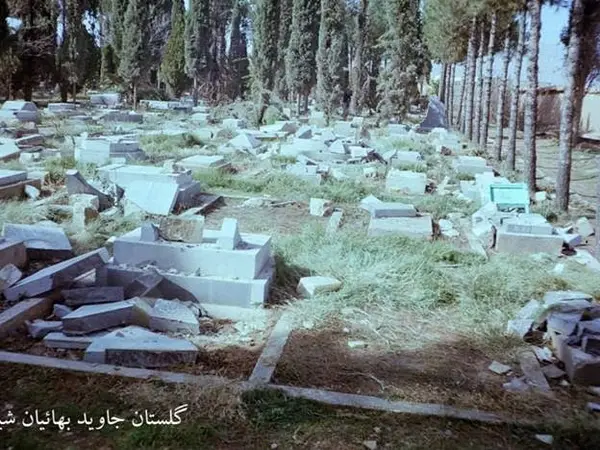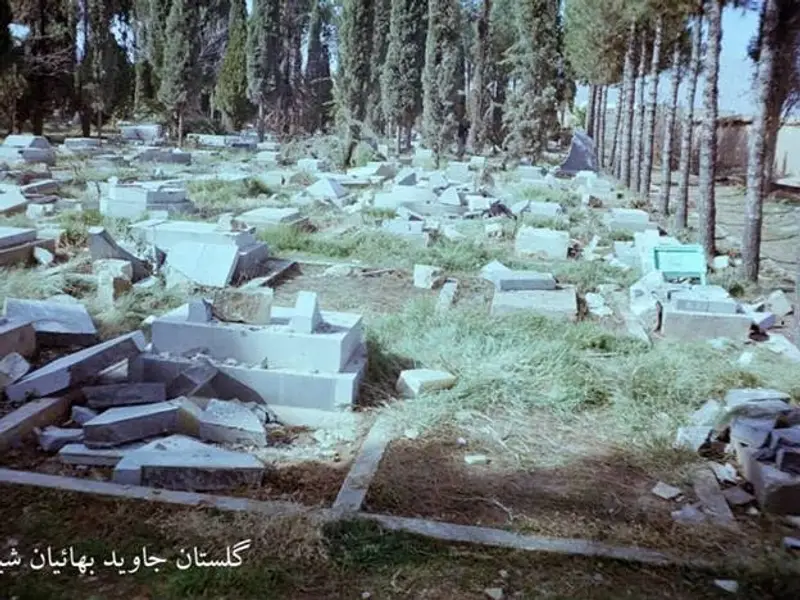Iranian authorities have demolished more than 30 graves belonging to the Baha'i community at a mass gravesite in Tehran this week as oppression of the minority continues.
The act, which involved the removal of grave markers and the flattening of resting places using bulldozers, was slammed by rights activists, the latest in a series of actions taken against the community which has been systematically targeted since the founding of the Islamic Republic in 1979.
Simin Fahandej, Representative of the Baha'i International Community to the United Nations in Geneva, said, “In the last few months, the deceased loved ones of the Baha’is have been forcibly buried by government agents in the Khavaran mass grave site, further desecrating a burial place sacred to many.
"Now these same new graves have been destroyed. It is clear that this was always their plan. All Iranians are weighed down by unprecedented social and economic challenges, and amid this general suffering, Baha’is have been targeted by intensified and brutal new tactics in the Iranian government’s persecution of its community".
Before the 1979 Islamic Revolution, Tehran's Baha'i community owned two large cemeteries, both of which were confiscated by the Islamic Republic in the 1980s. Thousands of graves were demolished at the Khavaran cemetery, and the Baha'is were given limited access to a smaller property known as Golestan Javid. However, Ministry of Intelligence agents took over Golestan Javid in 2021, making it increasingly difficult for Baha'is to use their own cemetery.
Unofficial estimates suggest that more than 300,000 Baha'i people live in Iran. However, the Constitution officially acknowledges only Islam, Christianity, Judaism, and Zoroastrianism, thereby rendering Baha'is the most significant non-Muslim religious minority in the country.

